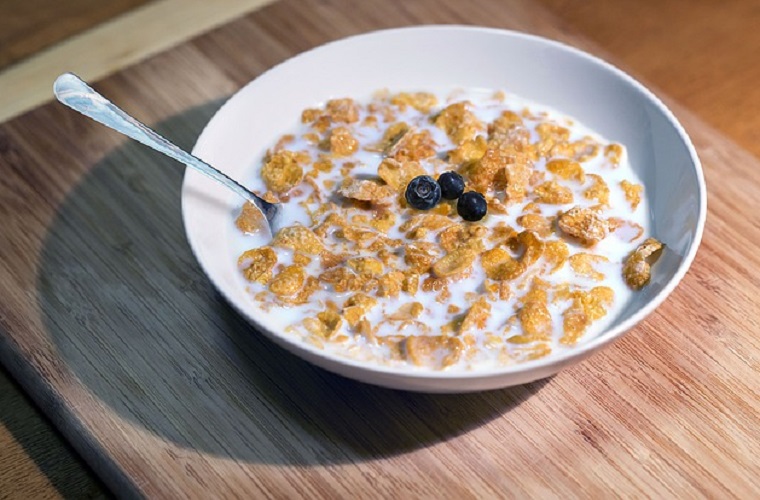The history of baby cereals and the success behind their modern day’s demand for cereals has not only left most of us flabbergasted, but in complete awe as well. Ever wondered what did babies consume before all these fancy cereals were introduced? History reveals that most babies used to remain on mother feed up till 2 years of age. Back in those days, solid foods were considered hazardous for a child’s diet and milk-only diets were encouraged by the experts of the time. However, thanks to modern day science, children now are in a much sophisticated space when it comes to following their dietary plans.
By the 6-month mark, your little angel may be ready to start accepting solids, and whenever the words solid-diet come into existence for your infant, the first thought that runs across our minds is Cereals. It is strongly advised to ensure that your baby is ready to start eating solid foods before you begin feeding them any baby cereal. Babies are really smart as they give you signals to ascertain if they are or aren’t yet ready for solid foods. First time mothers usually tend to take a strong note of signals, such as your baby trying to change positions on their own, trying to chew their food instead of trying to swallow, and also attempting at grasping different objects that catch their attention.
Read More: How To: Starting Good Nutrition Early
There are different types of cereals, such as Rice Cereals and Wheat Cereals. Rice cereal has normally gained more importance than their wheat variants, probably due to the fact that they are easy to digest than the wheat ones. They are cheap and easy to mix with other foods, and kids usually prefer the taste of rice cereals than wheat cereals. One reason cereals are typically recommended is that they are fortified with iron, which tends to get limited during late infancy, particularly in breastfeed babies. Commercial baby cereals tend to replenish babies with iron and cover up most of their deficiencies, but parents need to understand that the right mix and match of diet is critical for their infant’s health and nourishment.
Numerous researches have been conducted by health agencies that provide a high level overview on the importance of cereals and the do’s and don’ts of them. Parents get worried thinking the possibilities of their baby digesting it or not, but most cereals have enough amylase, which is the enzyme responsible for digestion, making it convenient for infants to digest. One thing parents definitely need to be worried about is arsenic in rice cereals as a higher amount of the same can be highly dangerous for babies. Unless your baby really needs iron, parents should also consider choosing whole grain cereals. Such cereals include the bran and the germ, which means they’re high in protein, fiber, vitamins, and minerals. Some important facts about baby cereals mentioned in this article have been recommended by The Mummy Center.
No doubt, cereals have been a topic of discussion in controversies, but their importance can never be undermined. Mothers should understand the guidelines they need to follow when introducing their infants to cereals. Also, it is imperative to be an avid reader of the best practices associated with baby cereals.

